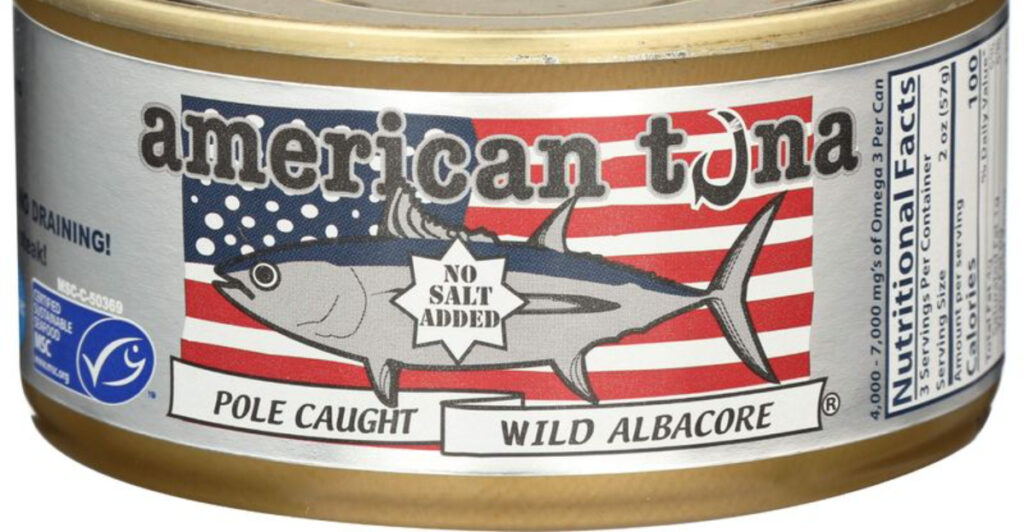Walking down the canned fish aisle can feel overwhelming with dozens of tuna brands staring back at you.
Not all canned tuna is created equal, and some popular brands might surprise you with their poor quality, high mercury levels, or questionable sourcing practices.
Making the right choice matters for your health, taste buds, and the environment.
1. StarKist Chunk Light Tuna – Skip This Shelf Staple
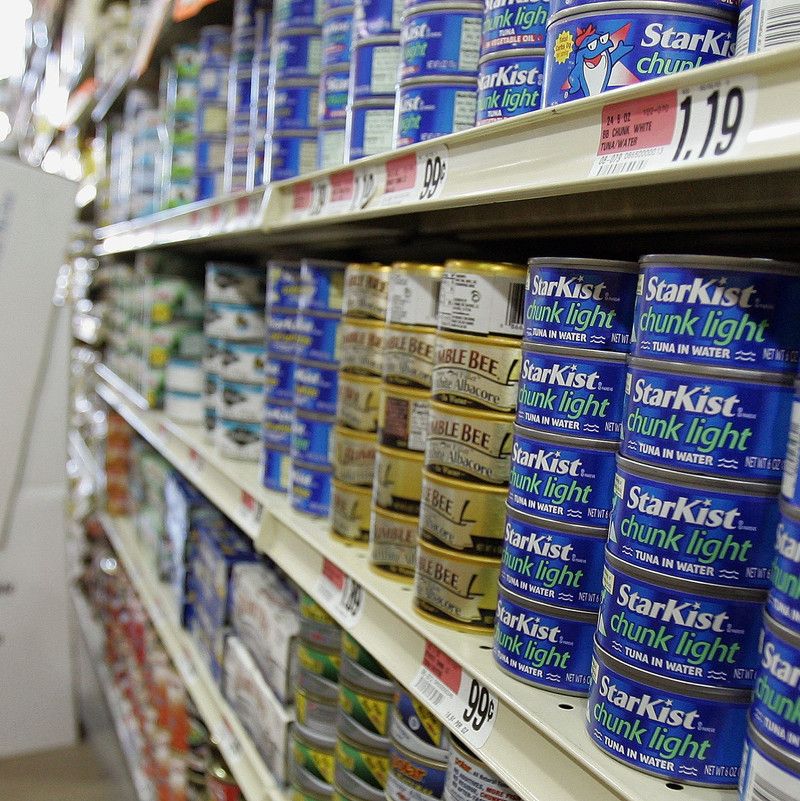
Despite being one of America’s most recognizable tuna brands, StarKist has some serious problems lurking beneath that colorful label. Mercury testing has repeatedly shown concerning levels in their products, making it risky for regular consumption.
The company also faced major legal troubles, including price-fixing scandals that cost consumers millions. Their business practices raise red flags about quality control and ethics.
Many customers complain about inconsistent texture and an unpleasant metallic aftertaste that ruins sandwiches and salads.
2. Bumble Bee Chunk Light – Mushy Mess in a Can
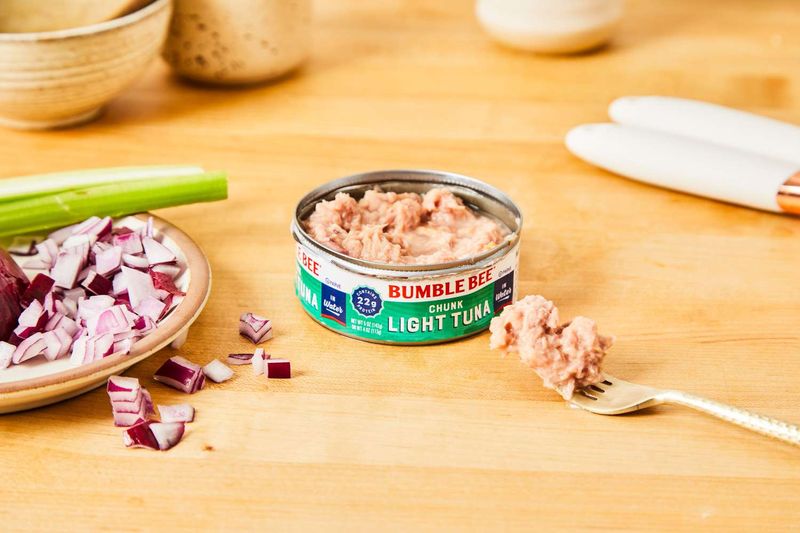
Opening a can of Bumble Bee often feels like playing tuna roulette – you never know if you’ll get firm chunks or mushy paste. The texture problems stem from poor processing methods that break down the fish meat.
Sustainability concerns also plague this brand, as they lack transparency about their fishing methods and sourcing locations. Environmental groups consistently rate them poorly for responsible practices.
The high sodium content and watery consistency make it difficult to create satisfying meals, leaving many home cooks frustrated with their purchase.
3. Chicken of the Sea – More Salt Than Sea
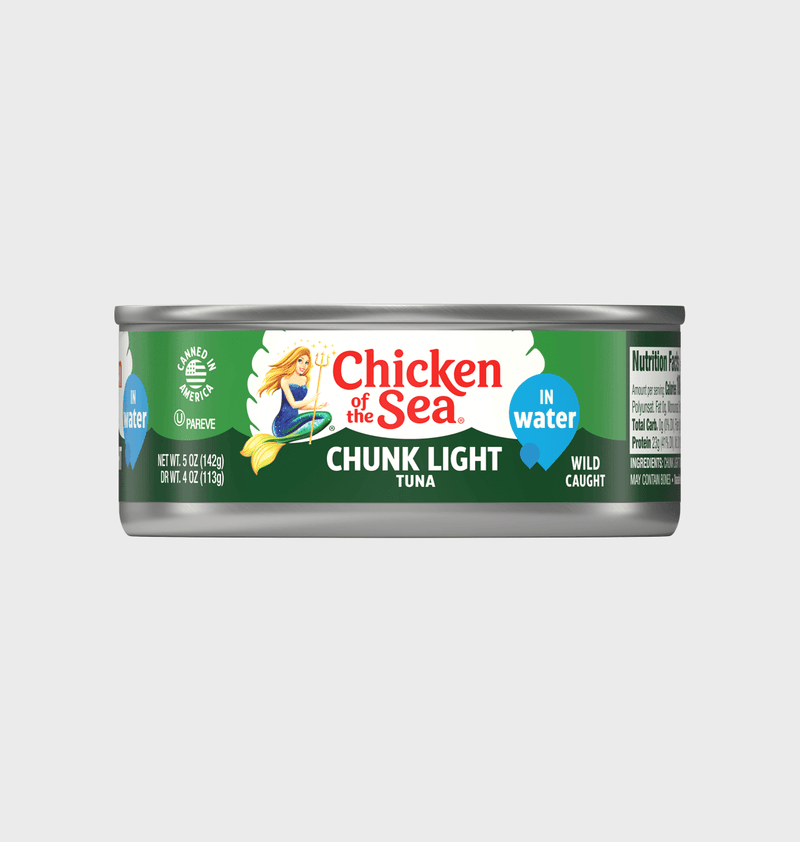
This brand packs an alarming amount of sodium into each can, often exceeding 360 milligrams per serving. That’s nearly 16% of your daily sodium limit in just one small portion of tuna.
The metallic flavor that many customers report suggests processing issues or poor-quality fish sources. This unpleasant taste can overpower other ingredients in your recipes.
Environmental ratings consistently rank Chicken of the Sea among the worst for sustainable fishing practices, contributing to ocean ecosystem damage through irresponsible harvesting methods.
4. Great Value Walmart Tuna – Cheap Price, Cheaper Quality
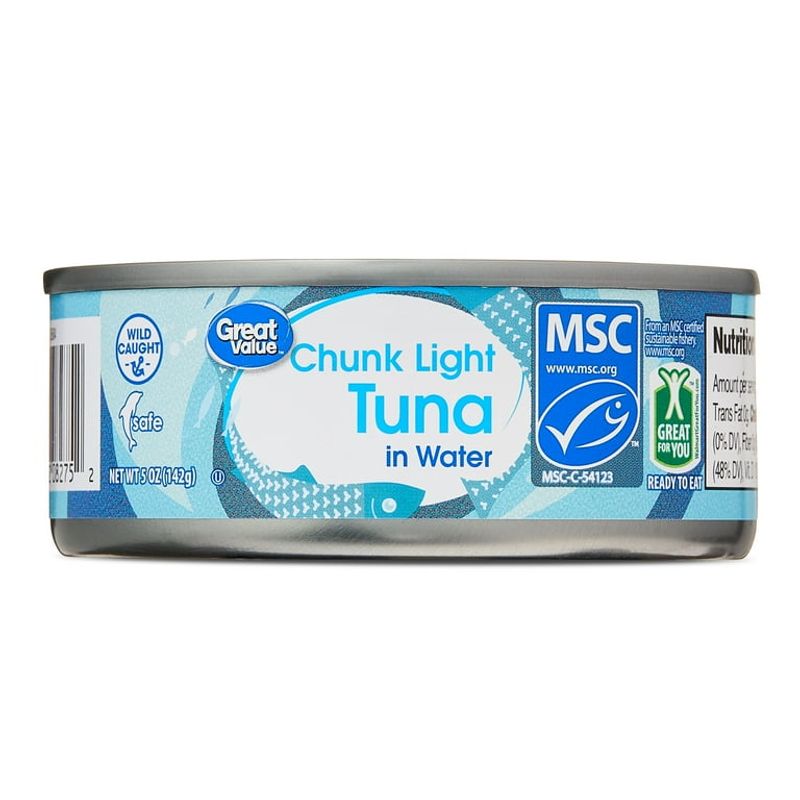
Walmart’s house brand may save you money upfront, but the inconsistent quality makes it a poor investment. Some cans contain watery, flavorless fish while others are bone-dry and crumbly.
The brand fails to meet basic responsible fishing standards, often sourcing from suppliers with questionable environmental practices. This contributes to overfishing and marine habitat destruction.
Customer reviews frequently mention strange textures and off-putting smells that suggest inadequate quality control during processing and packaging.
5. Food Lion Chunk Light – Bland and Gritty Disappointment
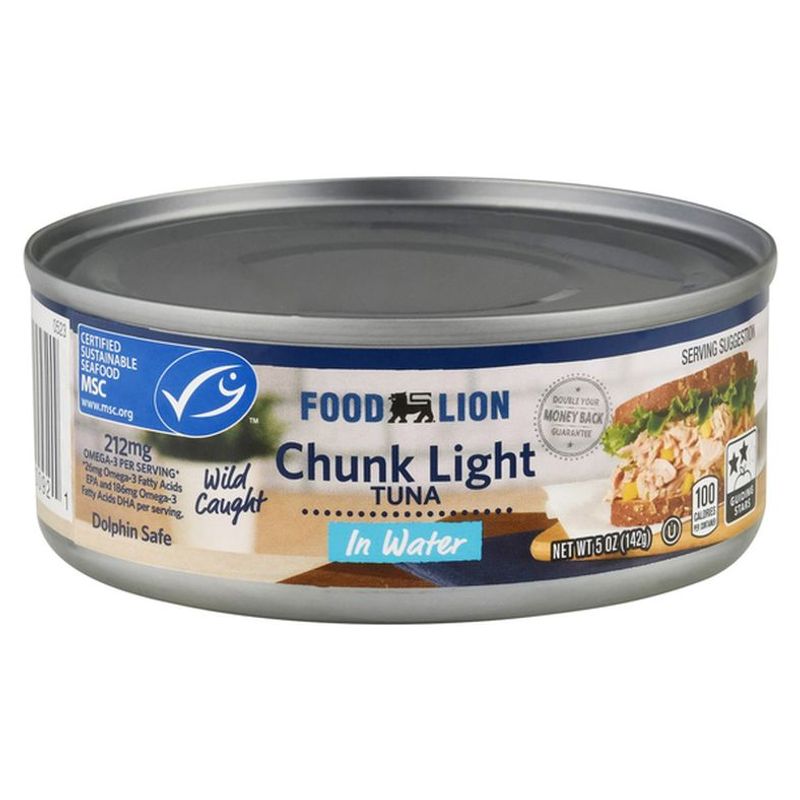
Food Lion’s store-brand tuna consistently delivers bland, overly fishy flavors that overpower any dish you try to create. The strong, unpleasant taste suggests lower-grade fish or poor handling during processing.
Texture complaints flood online reviews, with customers reporting gritty, sandy sensations that make eating unpleasant. This grittiness likely comes from inadequate cleaning processes before canning.
The poor mouthfeel and lack of firm chunks make it unsuitable for recipes requiring quality tuna, leaving you with an expensive mistake.
6. Kirkland Signature Albacore – Mercury Concerns Despite Popularity
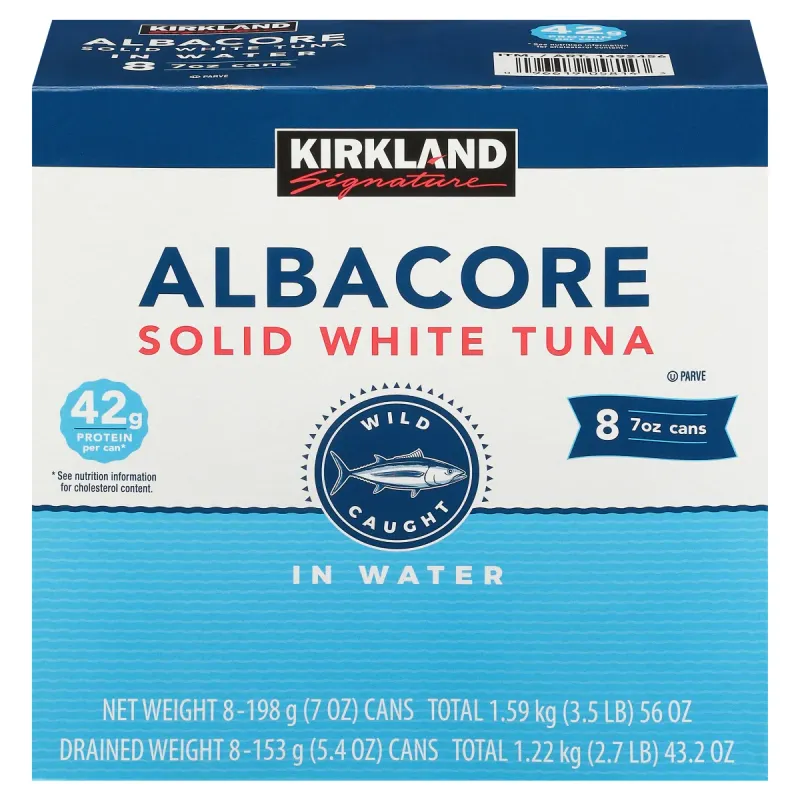
Costco’s Kirkland brand enjoys widespread popularity, but independent testing has revealed concerning mercury levels that exceed safe consumption guidelines for regular eaters. Albacore naturally contains more mercury than light tuna varieties.
While occasional consumption poses minimal risk, families who eat tuna frequently should consider alternatives. Pregnant women and young children face particular risks from mercury exposure.
The brand’s longline fishing methods also raise environmental concerns, as these techniques often result in bycatch of dolphins, sea turtles, and other marine wildlife.
7. Trader Joe’s Albacore – Dry and Mercury-Heavy
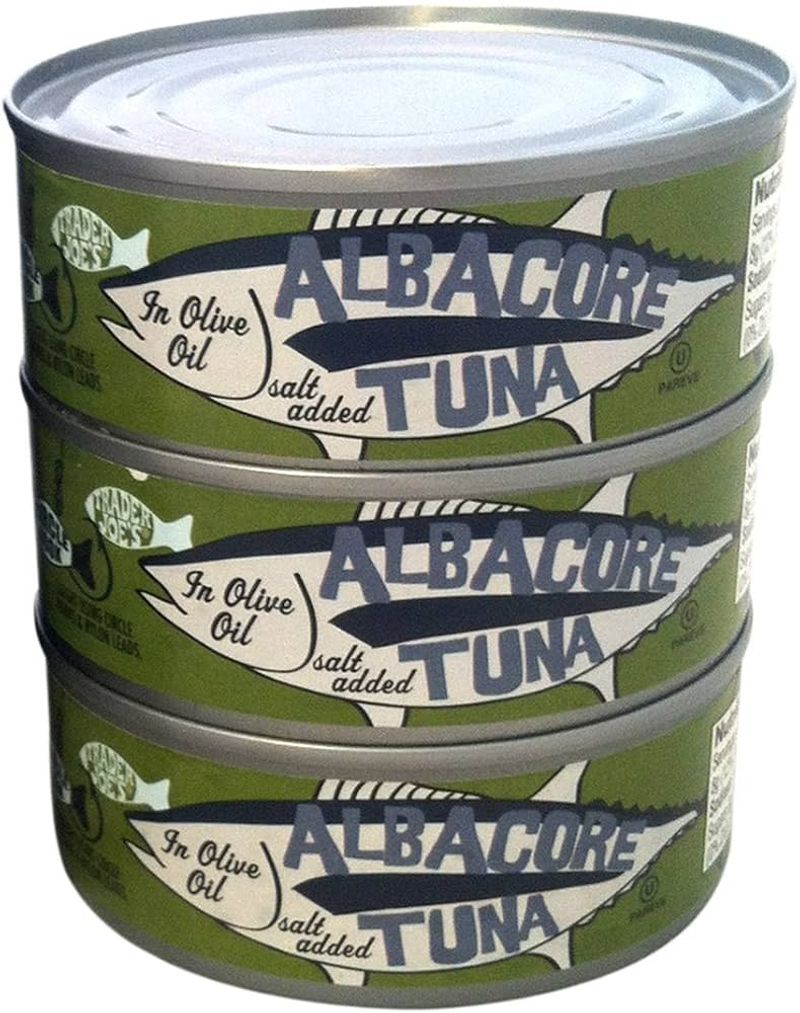
Despite Trader Joe’s reputation for quality products, their albacore tuna disappoints with consistently dry, overly firm texture that crumbles rather than flakes. The processing methods seem to remove too much natural moisture.
Mercury testing has shown higher-than-average levels in several batches, making it problematic for health-conscious consumers. Regular consumption could lead to mercury accumulation in your system.
The premium price doesn’t match the mediocre quality, especially when compared to truly sustainable brands that cost similar amounts but deliver superior taste and safety.
8. Hy-Vee Chunk Light – Ethical and Taste Failures
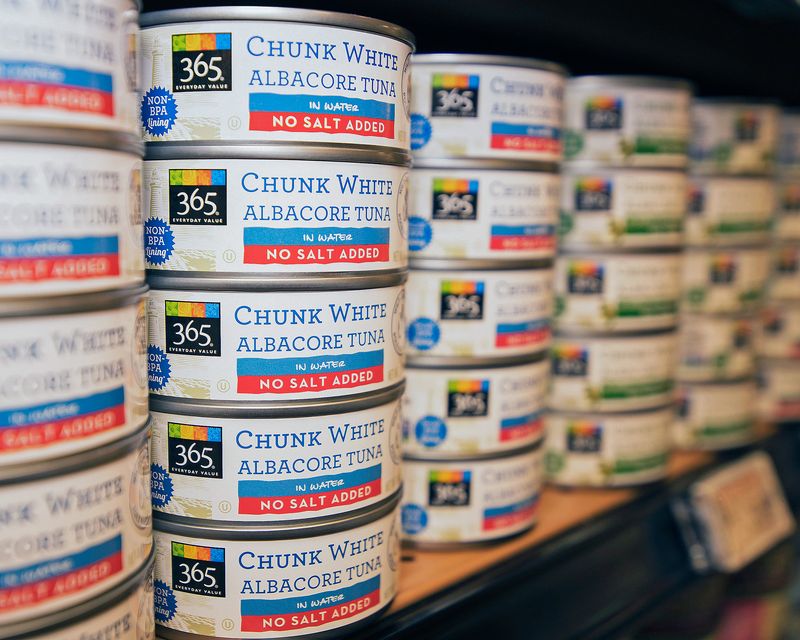
Environmental watchdog groups consistently rank Hy-Vee’s tuna among the worst for ethical sourcing practices. The brand provides little transparency about fishing methods or sustainability efforts.
Customer complaints frequently mention a strange, lingering aftertaste that ruins meals and makes the tuna nearly inedible. This off-flavor suggests quality control issues during processing or storage.
The mushy, paste-like texture falls apart when mixed with other ingredients, making it unsuitable for salads, sandwiches, or casseroles that require firm tuna chunks.
1. Wild Planet Albacore – The Gold Standard for Clean Eating
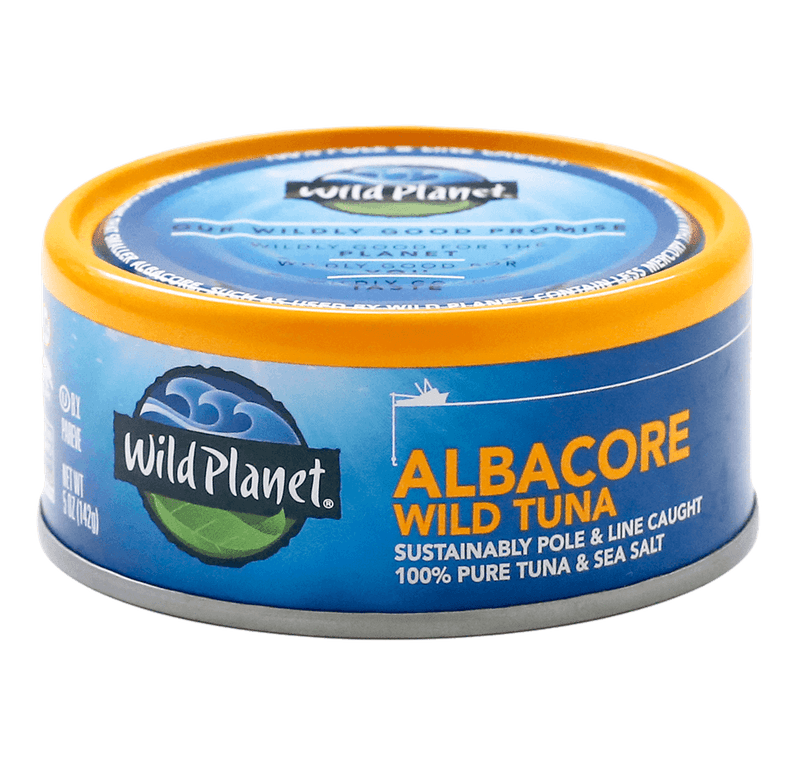
Wild Planet sets the bar high with 100% pole-and-line caught tuna that protects marine ecosystems from harmful fishing practices. Their commitment to sustainability shows in every aspect of production.
Mercury levels stay consistently low thanks to careful sourcing and testing protocols. The firm, meaty chunks retain natural flavor without added water, oil, or preservatives.
Each can delivers clean, pure tuna taste that enhances rather than overwhelms your recipes. The higher price reflects superior quality and responsible environmental practices worth supporting.
2. Safe Catch Elite – Mercury-Free Peace of Mind
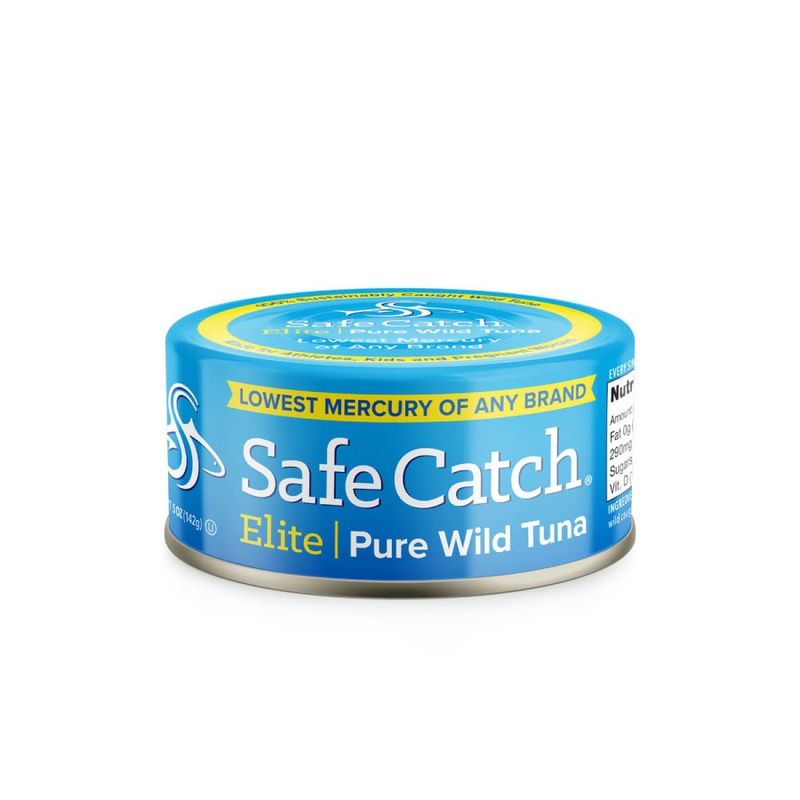
Safe Catch revolutionizes canned tuna safety by testing every single fish for mercury content before processing. This unprecedented quality control ensures the lowest mercury levels available commercially.
Pregnant women, children, and frequent tuna consumers can enjoy this product without health concerns. The rigorous testing process eliminates the guesswork from mercury exposure.
The clean, mild flavor and firm texture make it perfect for health-conscious families who refuse to compromise on safety or taste in their pantry staples.
3. American Tuna – Proudly USA-Caught Excellence
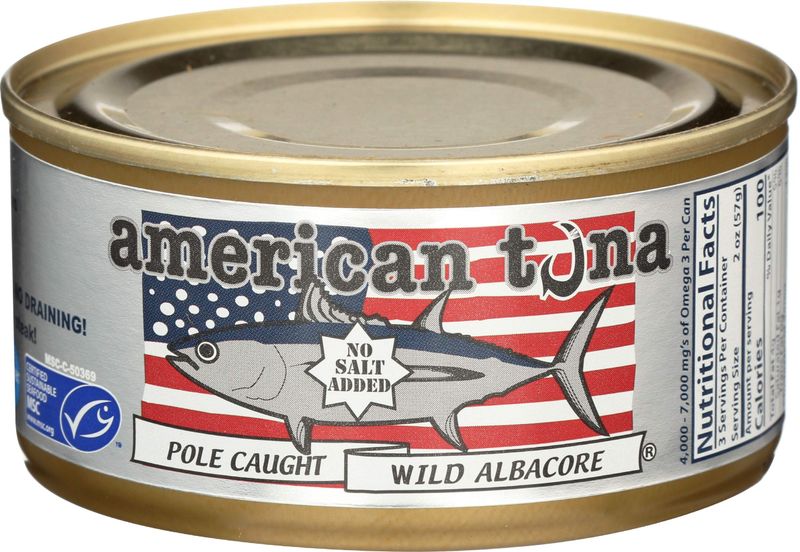
American Tuna supports domestic fishing communities while delivering exceptional quality through traditional pole-and-line methods. Their commitment to USA-caught fish ensures fresher products and shorter supply chains.
The mild, flaky texture and rich omega-3 content make it both delicious and nutritious. Sustainable certification guarantees responsible fishing practices that protect ocean ecosystems for future generations.
Each purchase supports American fishermen and coastal communities while providing your family with premium tuna that tastes noticeably better than mass-market alternatives.
4. Ocean Naturals Skipjack – Affordable Sustainability Champion
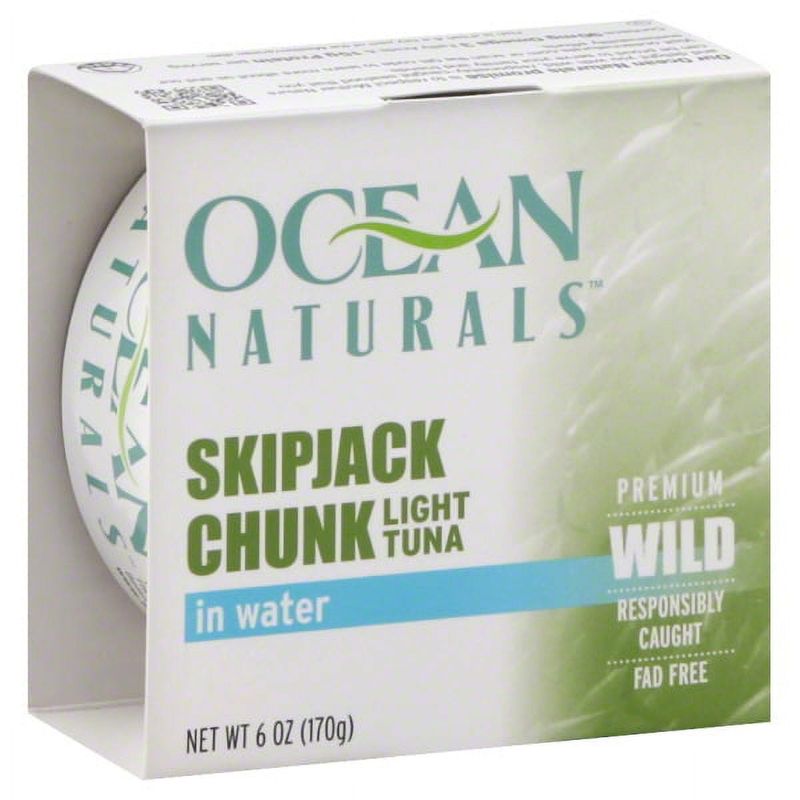
Ocean Naturals proves that responsible sourcing doesn’t require premium pricing. Their skipjack tuna offers excellent value while maintaining strict sustainability standards and clear labeling practices.
The balanced approach combines affordability with environmental responsibility, making ethical choices accessible to budget-conscious families. Transparent sourcing information helps consumers make informed decisions.
Consistent quality and mild flavor make it versatile for various recipes, while the reasonable price point allows regular consumption without breaking your grocery budget.

